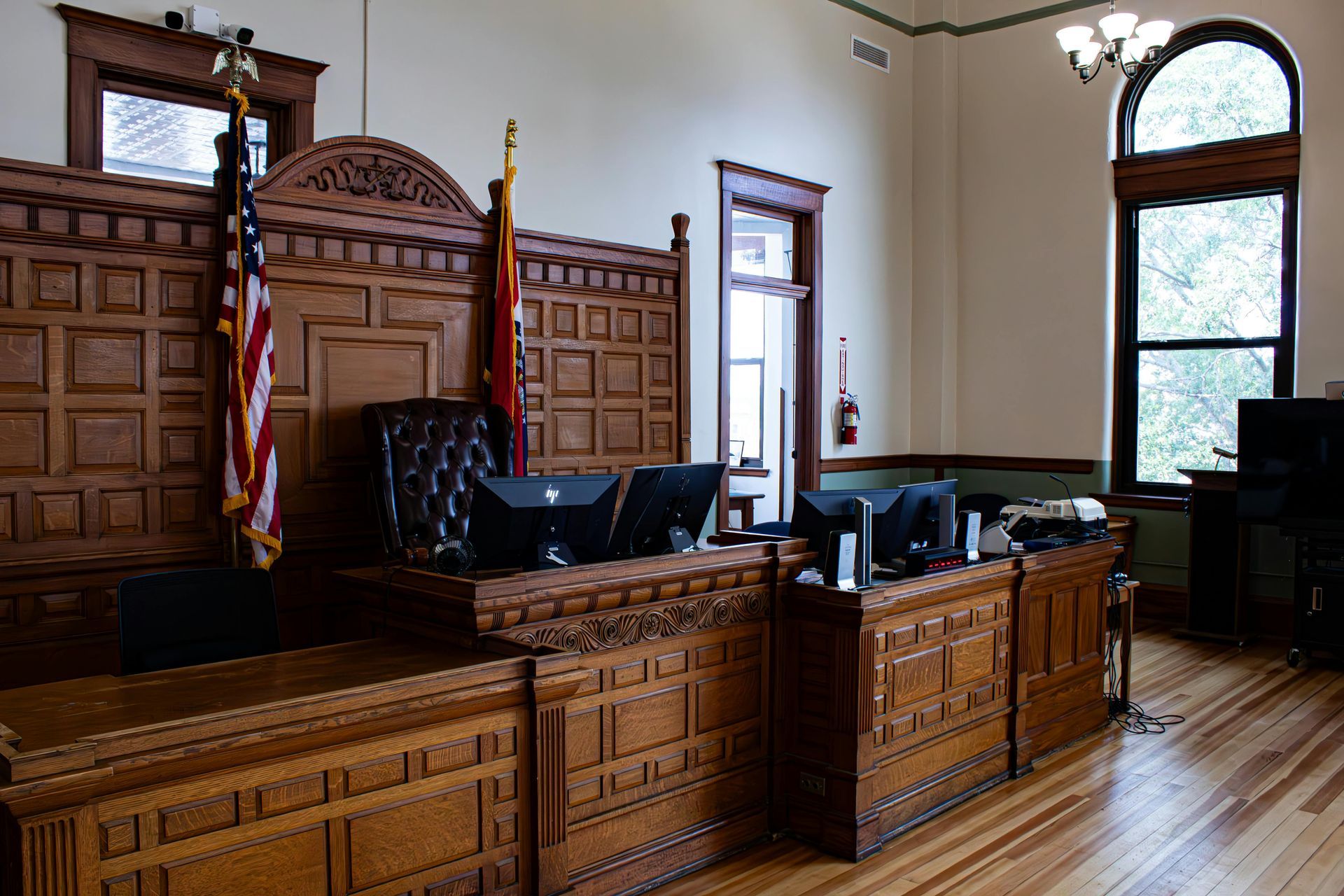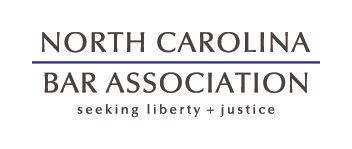What is "Invited Error"? How a Mistake in Court Could Hurt Your Divorce Case | The Law Corner | Raleigh, NC
Precedent Case: Smith v. Smith, 387 N.C. 255, 912 S.E.2d 762 (2025), affirming, 292 NC App 443 (2023).
A stipulation by the parties is binding on the trial court until the stipulation is properly set aside. A trial judge has discretion to set aside a stipulation when a party makes a timely motion to set aside the stipulation, and the trial court concludes that enforcement of the stipulation would result in injury to one party and the other party would not be materially prejudiced by its being set aside. Grounds to set aside a stipulation include a mistake of material fact, misrepresentation as to a material fact, undue influence, collusion, duress, fraud, and inadvertence. A party cannot complain on appeal about an error by the trial court if the party invited or induced the trial court to make the error. Where the plaintiff's attorney urged the trial court to proceed with the trial without first ruling on the defendant's motion to set aside the stipulation of the parties, the plaintiff was barred from complaining on appeal that the trial court did not rule on the defendant's motion before proceeding to hear evidence contradicting the stipulation.
Before trial of the equitable distribution claims filed by both parties, the parties entered stipulations concerning two pieces of real property. The parties stipulated that the properties were marital property. Defendant subsequently filed a motion seeking to set aside the stipulations, arguing that the properties were his separate property. The trial court did not rule on the motion but later entered a pretrial order stating that the parties disagreed as to the classification of the properties. When the equitable distribution trial began, plaintiff’s counsel acknowledged the defendant's motion to set aside the stipulation but stated “I’m fine with the court just hearing evidence and considering those motions or that motion in relation to those stipulations during the trial.” The trial court conducted the trial and entered a judgment concluding that the properties were the defendant's separate property. The plaintiff argued on appeal that the trial court was bound by the stipulation because the trial court did not set aside the original stipulation that the properties were marital.
The court of appeals affirmed the trial court, deciding that the trial court had in fact set aside the stipulation when it entered the pretrial order stating that the parties disagreed as to the classification of the properties. There was a dissent at the court of appeals and the matter was appealed to the supreme court. The supreme court also affirmed the trial court but on different grounds.
According to the supreme court, the plaintiff “invited error” when the plaintiff allowed the trial court to proceed with the trial on the classification of the properties without first considering the defendant's motion to set aside the stipulation. According to the supreme court, by stating “I am fine with the court just hearing evidence and considering that motion in relation to those stipulations during this trial,” the plaintiff “invited” the trial court to commit the error of proceeding with evidence contradicting the stipulation without formally setting aside the stipulation. A party cannot complain on appeal about an “invited error”.




